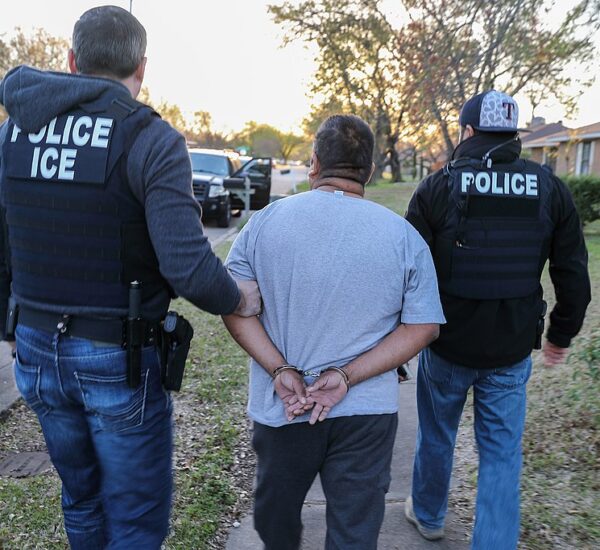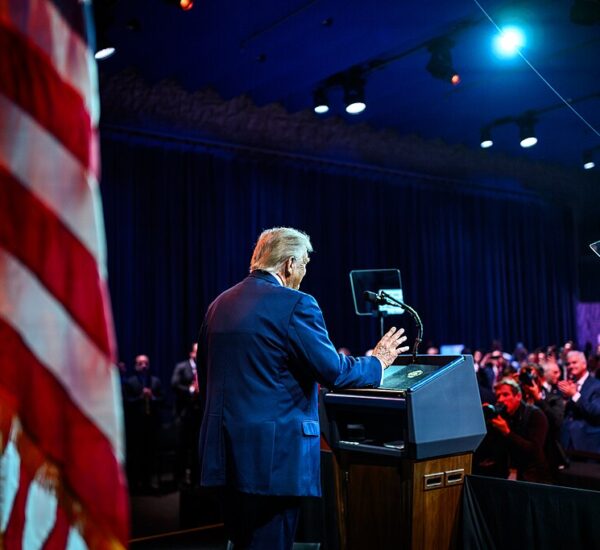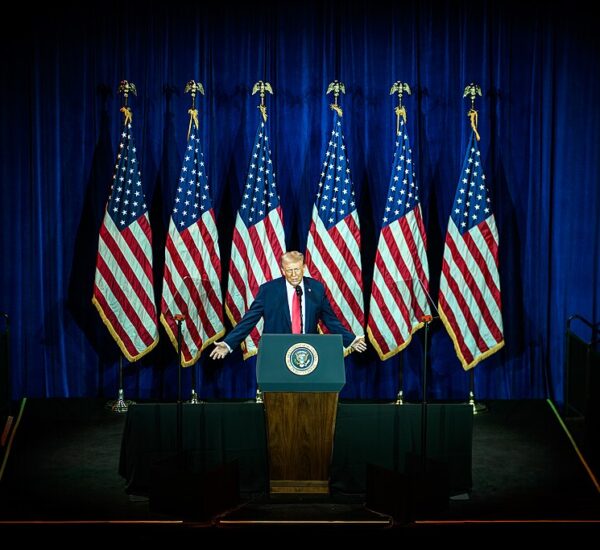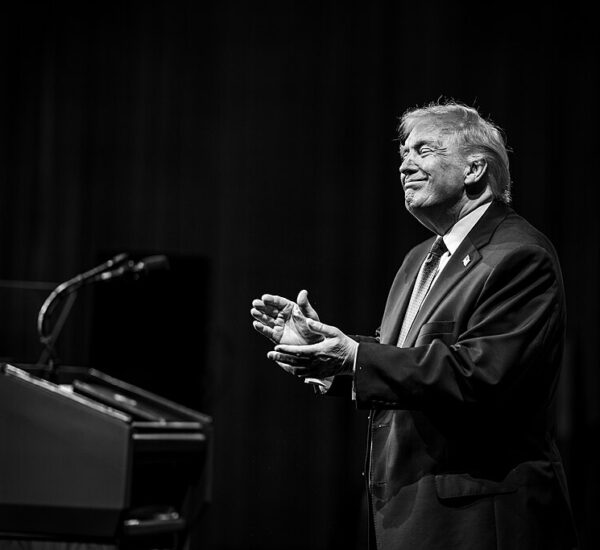Top Canadian Official Calls Trump
Chrystia Freeland, the former Canadian deputy prime minister, recently weighed in on President Trump’s decision to impose hefty tariffs on Canadian goods, calling the move a “betrayal” and an “act of economic warfare.” The new tariffs, set to take effect on Tuesday, target imports from Canada, Mexico, and China, with Canadian energy exports facing a 10% tariff. The president justified these tariffs by citing national security concerns linked to illegal immigration and fentanyl smuggling.
Freeland, in an interview with CNN’s Fareed Zakaria GPS, strongly rejected the president’s rationale, labeling his claims as “utterly ludicrous.” She pointed out that the fentanyl issue is not as significant on the northern border as Trump suggests. Freeland’s response was swift and forceful: “This is a direct attack on our sovereignty,” she stated, describing the tariffs as a betrayal of America’s closest ally and a blow to the longstanding relationship between the two nations.
The former deputy prime minister also underscored the long-standing friendship and mutual respect between Canada and the U.S., arguing that this move makes no sense economically. “You’re hurting your biggest customer,” she said, referring to Canada as the U.S.’s largest trading partner. “This is like punching us in the face.”
She warned that the tariffs would hurt Americans just as much as Canadians, particularly by raising gas prices and grocery bills due to the impact on energy imports. “It’s self-harming for America,” Freeland argued, pointing out that the tariffs would increase the cost of oil and gas imports, which ultimately affects American consumers.
Freeland also stressed the emotional weight this issue carries for Canadians, noting that for them, this isn’t just about economics—it’s about national sovereignty. “This matters to us so much more than it does to you,” she said. “We are united in our response, and we are resolute. We love our country, and we will fight for it.”
Freeland’s comments underscore the tension that tariffs can create even between close allies. While Americans may not fully grasp the depth of Canada’s anger over the situation, Freeland made it clear that Canada stands firm in its stance, adding that, despite the conflict, Canada does not seek escalation but will not back down either.
For America, this is a reminder that trade relations with neighbors like Canada should be handled carefully. Tariffs can hurt both sides, and this dispute might ultimately cost both countries more than it’s worth.






